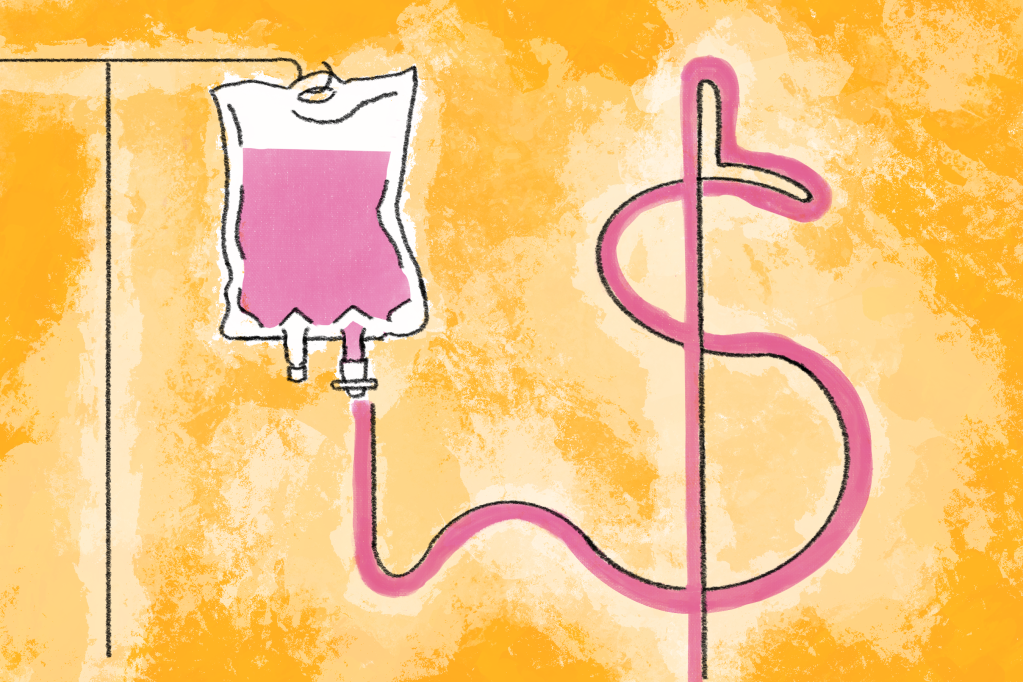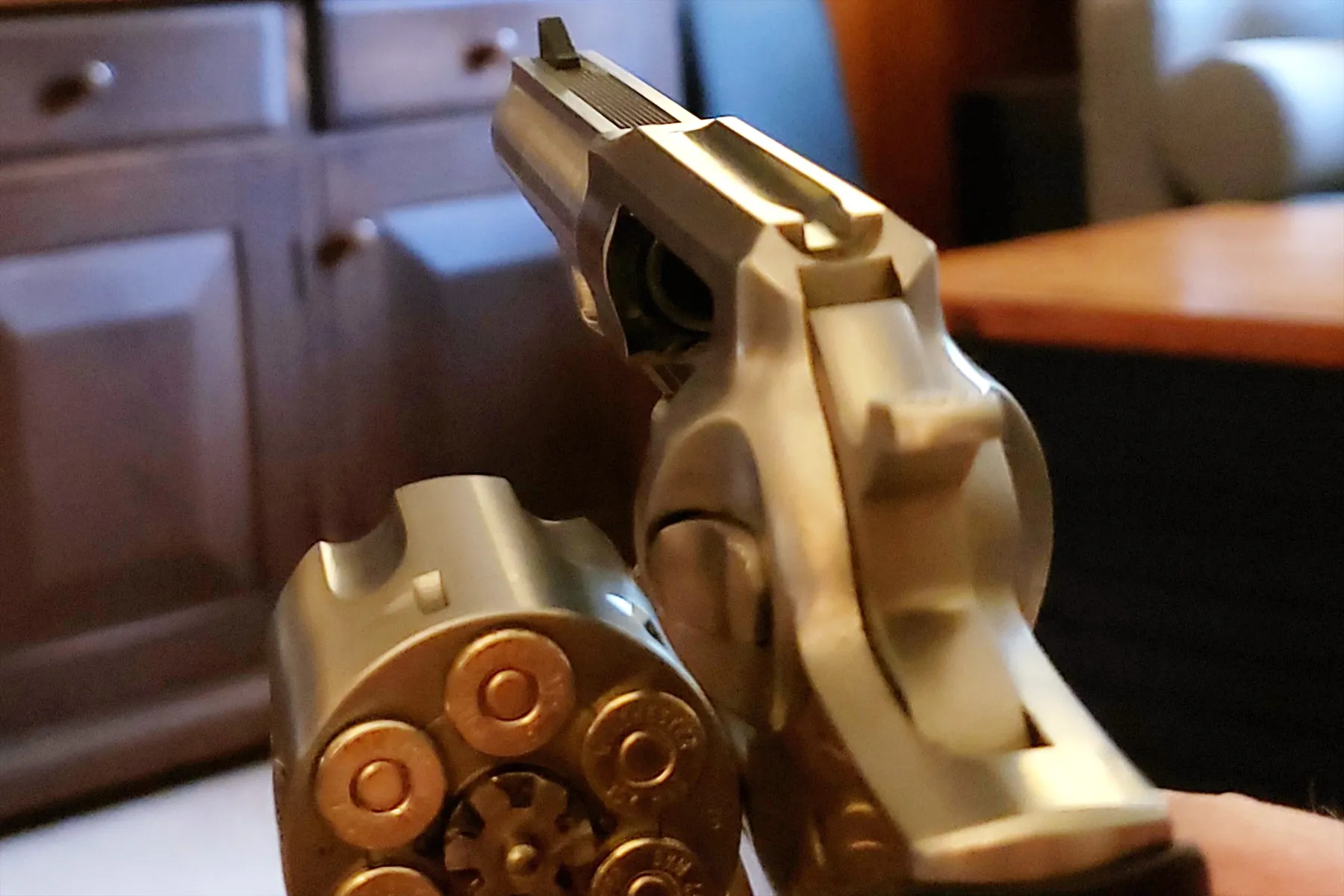Heartburn or heart attack: When to worry
Severe heartburn and heart attack can be hard to tell apart. Understand how they typically differ, and learn when to get immediate help.
You’ve just eaten a big meal and feel a burning sensation in your chest. Heartburn, right? Probably, but there’s a chance the chest pain is caused by reduced blood flow to your heart (angina) or an actual heart attack.
How much do the symptoms of heartburn and heart attack overlap?
Heartburn, angina and heart attack may feel very much alike. Even experienced doctors can’t always tell the difference from your medical history and a physical exam. That’s why, if you go to the emergency room because of chest pain, you’ll immediately have tests to rule out a heart attack.
What’s the best thing to do if you have chest pain and you’re not sure what’s causing it?
If you have persistent chest pain and you aren’t sure it’s heartburn, call 911 or emergency medical help.
Call your doctor if you had an episode of unexplained chest pain that went away within a few hours and you did not seek medical attention. Both heartburn and a developing heart attack can cause symptoms that subside after a while. The pain doesn’t have to last a long time to be a warning sign.
What is heartburn?
Heartburn is discomfort or actual pain caused by digestive acid moving into the tube that carries swallowed food to your stomach (esophagus).
Typical features of heartburn include:
- Starts as a burning sensation in the upper abdomen and moves up into the chest
- Usually occurs after eating or while lying down or bending over
- May awaken you from sleep, especially if you have eaten within two hours of going to bed
- Is usually relieved by antacids
- May be accompanied by a sour taste in your mouth — especially when you’re lying down
- May be accompanied by a small amount of stomach contents rising up into the back of your throat (regurgitation)
What signs and symptoms are more likely to occur with a heart attack than with heartburn?
The “textbook” heart attack involves sudden, crushing chest pain and difficulty breathing, often brought on by exertion. Many heart attacks don’t happen that way, though. The signs and symptoms of a heart attack vary greatly from person to person. Heartburn itself can accompany other symptoms of heart attack.
Typical heart attack signs and symptoms include:
- Pressure, tightness, pain, or a squeezing or aching sensation in your chest or arms that may spread to your neck, jaw or back
- Nausea, indigestion, heartburn or abdominal pain
- Shortness of breath
- Cold sweat
- Fatigue
- Lightheadedness or sudden dizziness
The most common symptom of heart attack for both men and women is chest pain or discomfort. But women are more likely than men to experience some of the other symptoms, such as jaw or back pain, shortness of breath, and nausea or vomiting. Heart problems are more common among people who have high blood pressure, diabetes or high cholesterol. Smoking and being overweight are other risk factors.
Can other digestive symptoms cause chest pain?
A muscle spasm in your esophagus may cause chest pain similar to that of a heart attack. The pain of a gallbladder attack also can spread to your chest. With gallbladder disease, you may notice nausea and an intense, steady ache in the upper middle or upper right abdomen — especially after a fatty meal. The pain may shift to your shoulders, neck or arms. Again, if you are not sure seek medical attention immediately.
Sept. 23, 2021
- Heart attack. National Heart, Lung, and Blood Institute. https://www.nhlbi.nih.gov/health/health-topics/topics/heartattack/signs. Accessed Jan. 31, 2017.
- Yelland MJ. Outpatient evaluation of the adult with chest pain. http://www.uptodate.com/home/index.html. Accessed Jan. 31, 2017.
- Rybicki FJ, et al. 2015 ACR/ACC/AHA/AATS/ACEP/ASNC/NASCI/SAEM/SCCT/SCMR/SCPC/SNMMI/STR/STS Appropriate utilization of cardiovascular imaging in emergency department patients with chest pain: A joint document of the American College of Radiology Appropriateness Criteria Committee and the American College of Cardiology Appropriate Use Criteria Task Force. Journal of the American College of Cardiology. 2016;67:853.
- Hollander JE, et al. Evaluation of the adult with chest pain in the emergency department. http://www.uptodate.com/home.html. Accessed Jan. 31, 2017.
- Symptoms and causes of GER and GERD. https://www.niddk.nih.gov/health-information/digestive-diseases/acid-reflux-ger-gerd-adults/symptoms-causes. National Institute of Diabetes and Digestive and Kidney Diseases. Accessed Jan. 31, 2017.
- Warning signs of a heart attack. American Heart Association. http://www.heart.org/HEARTORG/Conditions/HeartAttack/WarningSignsofaHeartAttack/Warning-Signs-of-a-Heart-Attack_UCM_002039_Article.jsp#.WJCxbFUrJ0w. Accessed Jan. 31, 2017.
- Kahrilas PJ. Clinical manifestations and diagnosis of gastroesophageal reflux in adults. http://www.uptodate.com/home. Accessed Jan. 31, 2017.
- Biliary tract disorders, gallbladder disorders, and gallstone pancreatitis. American College of Gastroenterology. http://patients.gi.org/topics/biliary-tract-disorders-gallbladder-disorders-and-gallstone-pancreatitis/. Accessed Jan. 31, 2017.
.
Note: This article have been indexed to our site. We do not claim legitimacy, ownership or copyright of any of the content above. To see the article at original source Click Here













